Back
Aryan Sukhdewe
Looking to work in ... • 1y
We are slowly moving towards a system of 30% taxation on capital gains. [1] A lot of retail folks used to enjoy the indexation benefits on Debt mutual Funds. This was taken away in 2023. Rational? Well, Equities have no indexation-- why should debt have it? [2] Next 2 years: Let's apply Direct Tax Code. LTCG on Real Estate is 20% On Equities it is 10% Why should Equities have advantage here? [3] Some political parties: Let's apply Inheritance tax. In American when the rich pass on their wealth to their kids, they pay inheritance taxes. Why should people in India enjoy this unfair advantage? The point is no matter which political party comes to power, they will suck common people's blood through excessive taxation. Tax whom you can. And, doll out as much freebies as possible. This in-short is the future of India's economic policy.
Replies (6)
More like this
Recommendations from Medial
Rishabh Jain
Start loving figures... • 9m
Is India Taxing Too Much Fun? (POPCORN TAX) India’s tax system has gone global thanks to the popcorn taxation buzz. While we’ve made strides with reforms like GST and corporate tax cuts, quirky rules and compliance hurdles can sometimes leave foreig
See More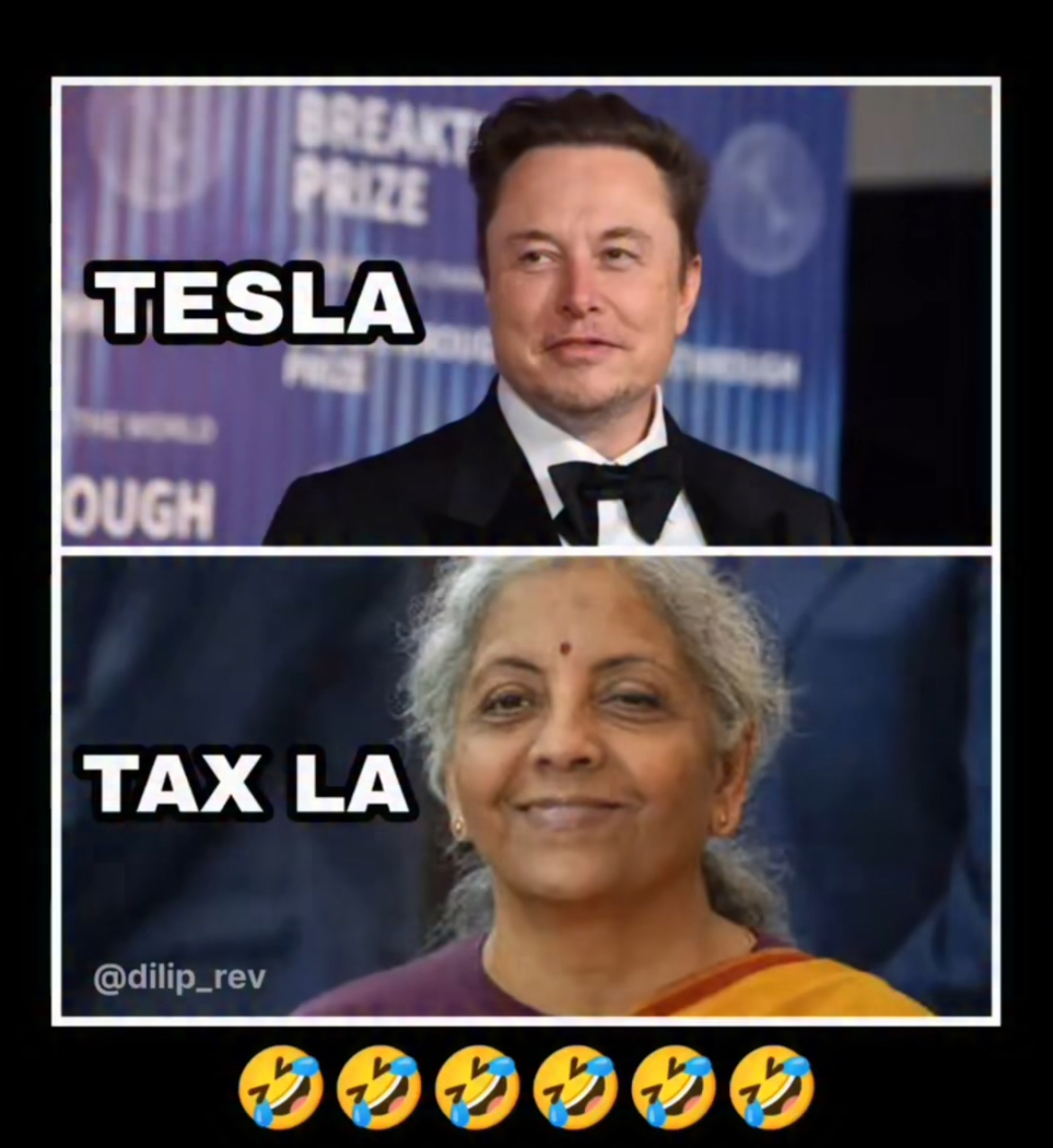
Shriharsha Konda
•
Start.io - A Mobile Marketing and Audience Platform • 5m
If you are a freelancer, or are just curious what it holds on the taxation front, Section 44ADA can mean huge tax savings. Here is a detailed breakdown - https://shriharsha.com/salary-to-contract-44ada/ Also bonus - a tool to compare your potentia
See More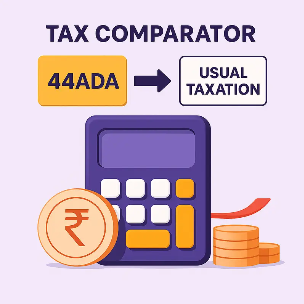
Account Deleted
Hey I am on Medial • 1y
why indian Startups are opting for Debt financing? 1. Preserving equity: Debt financing allows startups to raise capital without diluting their equity and ownership. This is important for founders who want to maintain control of their company. 2
See More
Sai Vishnu
Income Tax & GST Con... • 7m
🚀 Everything You Need to Know About TAX AUDIT in Just 5 Minutes! 📊💡 🔎 What is a Tax Audit? A tax audit is a detailed examination of a taxpayer’s books of accounts to verify: ✅ Income & Deductions ✅ Compliance with the Income Tax Act, 1961 ✅ Prop
See More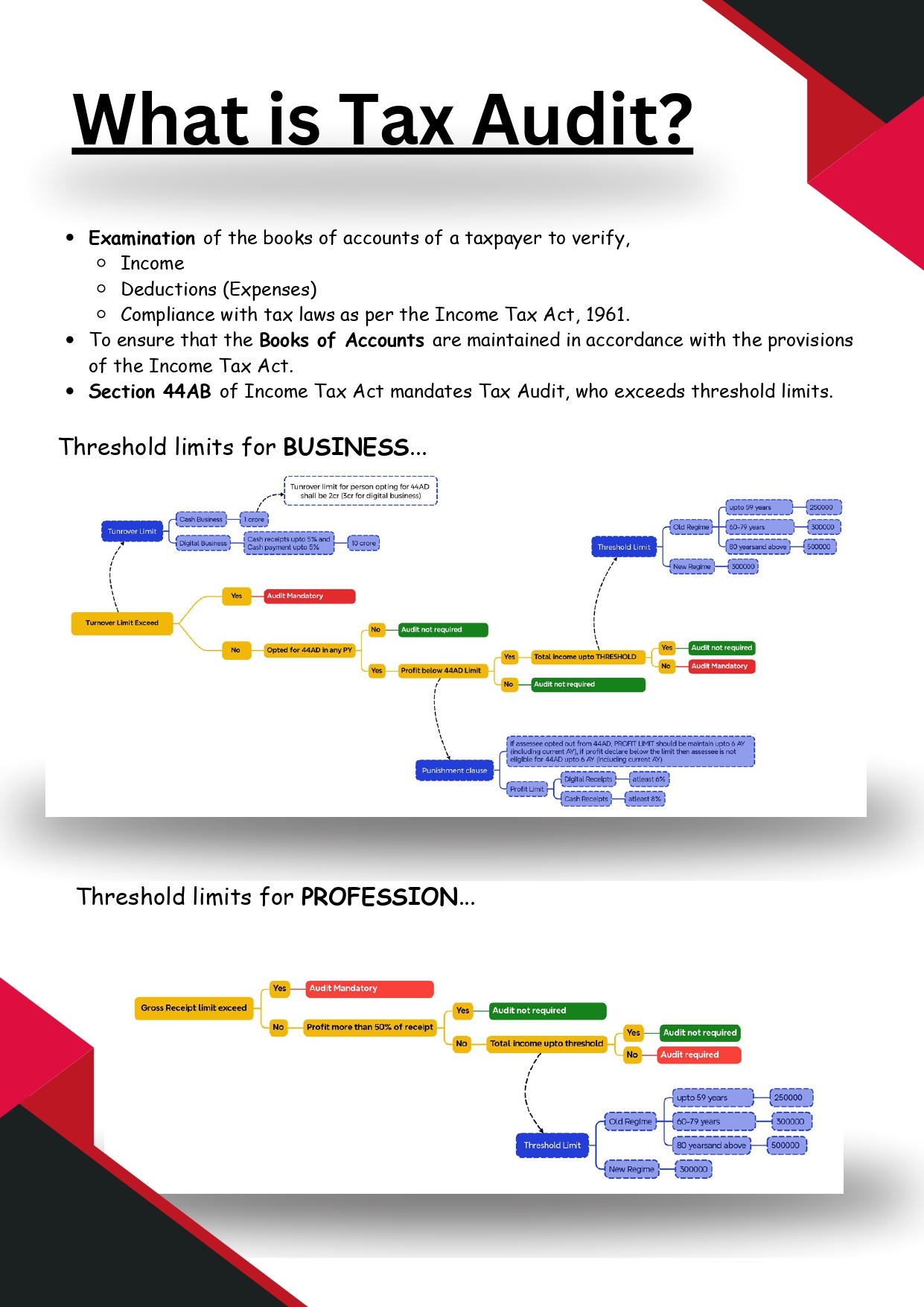
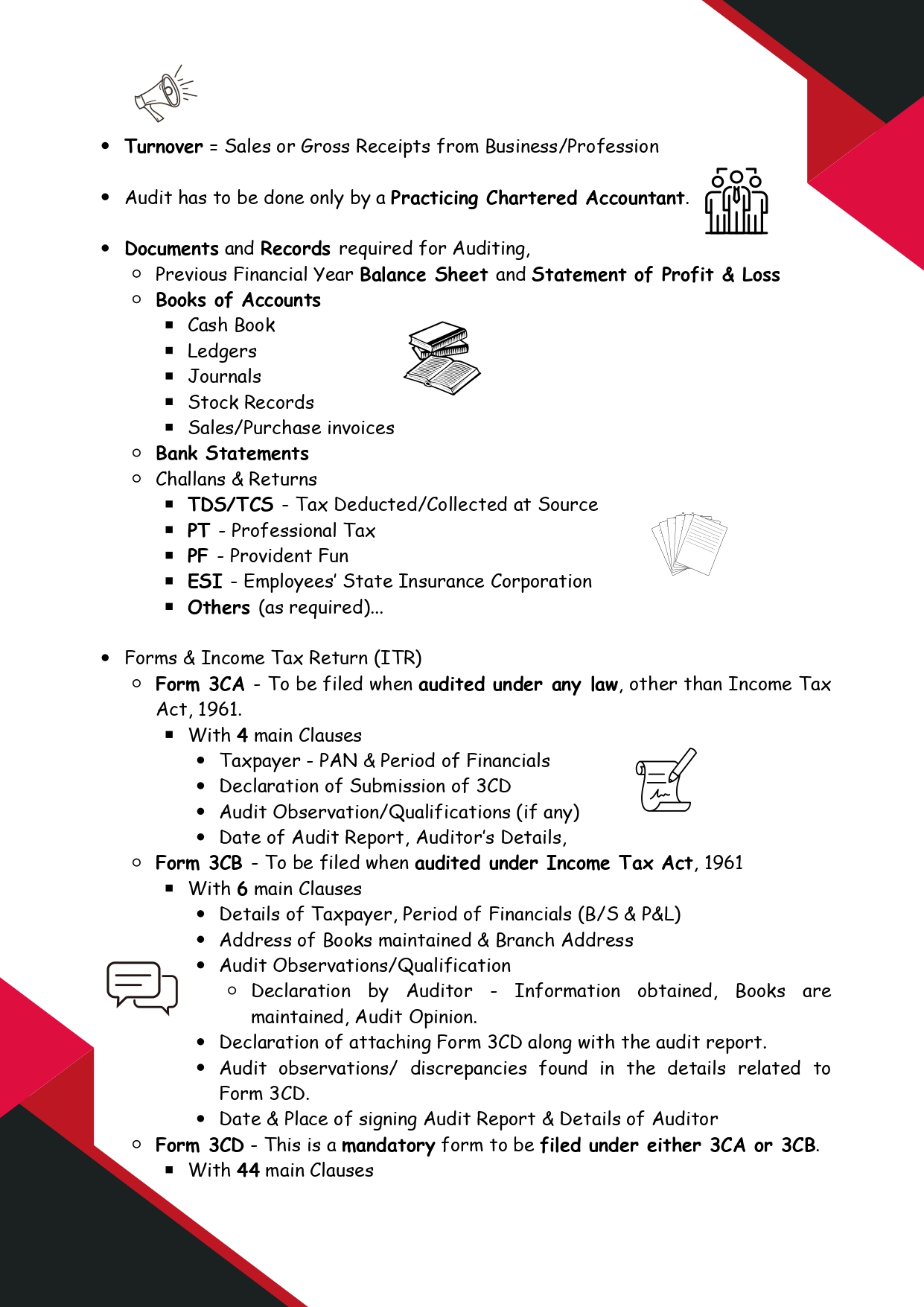
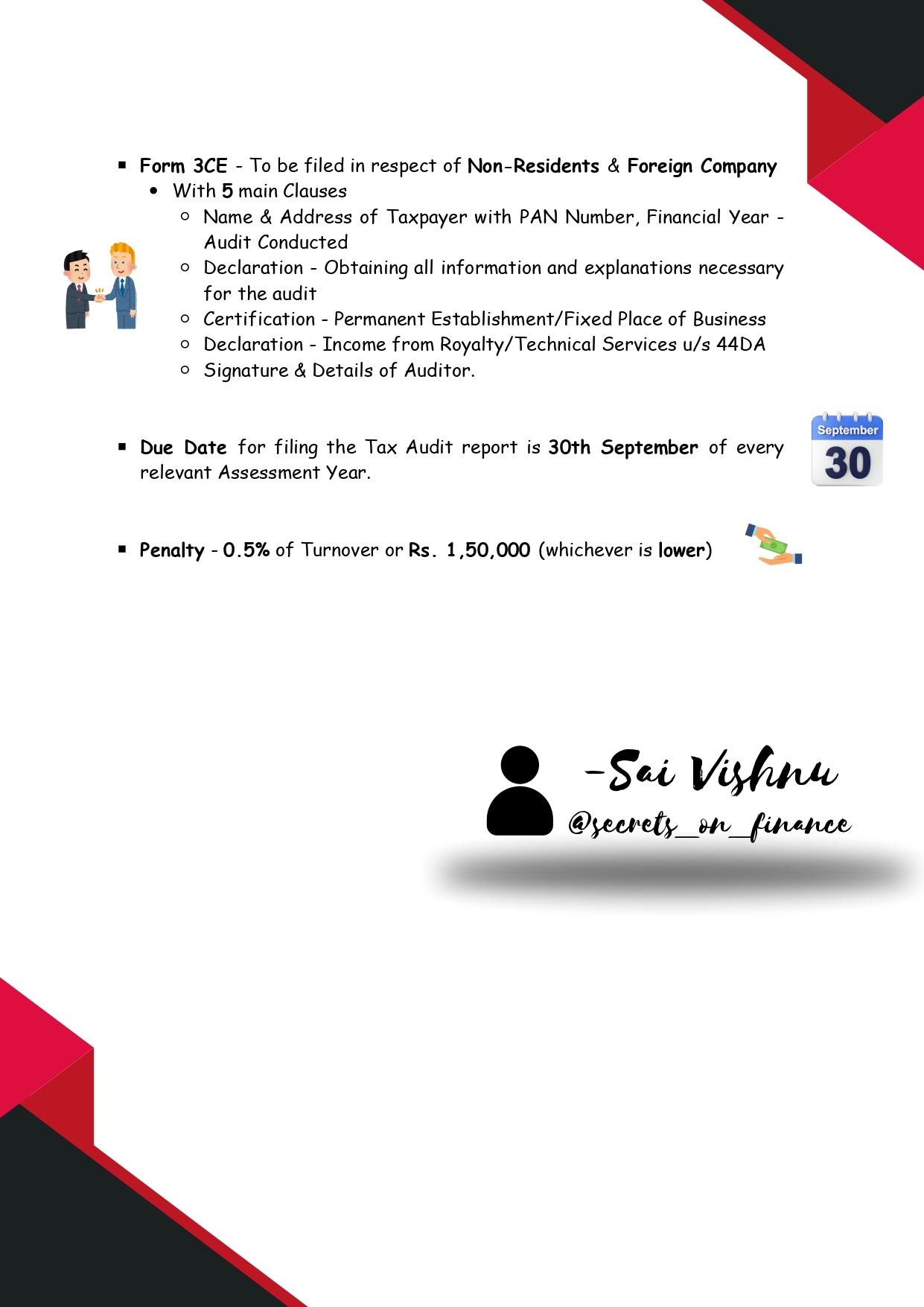
Tarun Suthar
•
The Institute of Chartered Accountants of India • 5m
Equity vs. Debt - What’s Better for Business Funding? 🤔 Let’s break it down with a simple example: Both scenarios (A & B) start with the same revenue and cost structure. But there's one key difference - the funding source. Scenario A: Funded ent
See More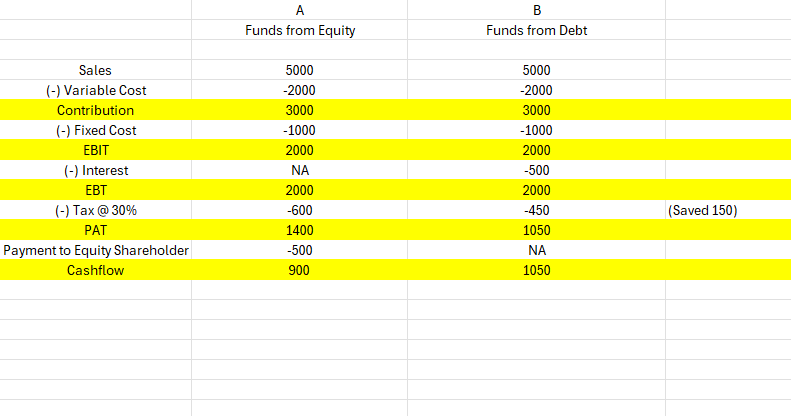
Download the medial app to read full posts, comements and news.





































